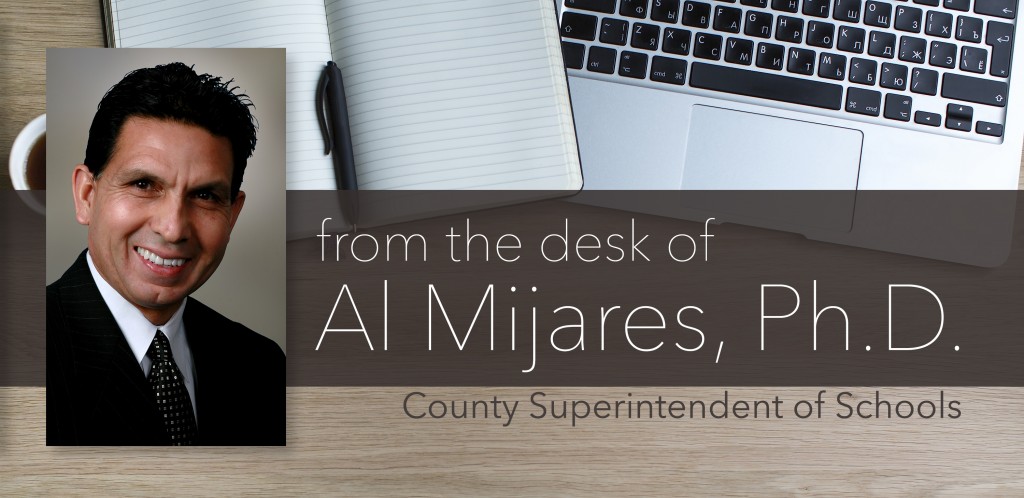Our current national dialogue suggests our country is fragmented along cultural, racial and economic lines. This is particularly the case on social media, where avatars and anonymity serve as shields that embolden some of our worst behaviors.
So how do we elevate public discourse, which remains essential to a free, democratic society? I suggest this starts by promoting meaningful civic education.
 Educators have in recent years ramped up efforts to provide hands-on lessons in science, technology, engineering and math, and we know this work is critical to keeping Americans at the forefront of 21st-century advancements in such fields as medicine, communications, transportation and defense.
Educators have in recent years ramped up efforts to provide hands-on lessons in science, technology, engineering and math, and we know this work is critical to keeping Americans at the forefront of 21st-century advancements in such fields as medicine, communications, transportation and defense.
At the same time, we must never lose sight of the value of the humanities, which, as the very term indicates, are central to being human. And we must not take for granted our moral obligation to empower the next generation with lessons that cover the rights and responsibilities of being an American.
Civics courses are more than just manuals to the machinery of our government. When taught properly, they spell out our roles as citizens to prioritize issues, allocate resources, vote responsibly, communicate with those who represent us, and adhere to the rule of law. Civics defines the expectations not just of our elected officials but of ourselves, building a framework upon which to discuss how we want to live and what kind of country we wish to pass along to our children.
Visit Pacifica High School in the Garden Grove Unified School District and you’ll find a model of this in action.
As a signature practice, Pacifica’s Service Learning Project calls for 12th-graders to spend at least 15 hours engaging in civic participation, which can include volunteering with the Orange County Student Poll Worker Program, political campaigns or nonprofit organizations. Moreover, the school’s Community Action Project allows students to earn service hours by researching and developing a plan to address a campus issue.
Pacifica also offers dozens of service-oriented clubs, and social science teachers integrate democratic exercises into their lessons, including mock trials of historical figures, bill-to-law simulations and close readings of historical texts that train students to scrutinize dubious claims.
For these efforts, Pacifica High became one of three California schools to earn the Civic Learning Award of Excellence this year. This award, created in 2013 to honor civic learning and spotlight best practices, was co-sponsored by State Superintendent Tom Torlakson and California Chief Justice Tani G. Cantil-Sakauye, who paid a visit to the Garden Grove campus in April.
The Orange County Department of Education is similarly looking to enhance civic learning opportunities throughout the region. Along with supporting history and social science teachers with professional development and curricular resources, our department annually hosts the National History Day-Orange County event, featuring hundreds of young scholars who are tasked with exhibiting thoroughly researched websites, papers, documentaries, performances and exhibits. In May, OCDE also teamed up with the Los Angeles County Office of Education to hold a civics summit for students, educators, elected officials and business leaders.
To restore a healthy national discourse, civics lessons must go beyond merely examining our differences or encouraging the veneration of founding documents and symbols. They must instead drill deeply into what it means to be an American in 2017, allowing students to discover the shared values that bond this country and its citizens together — the same shared values that our flag and anthem were designed to represent.
Far from a nostalgic look back, civic education remains our nation’s best hope to move forward, and it is no less relevant today than in previous generations.
Arguably, it has never been more important.
